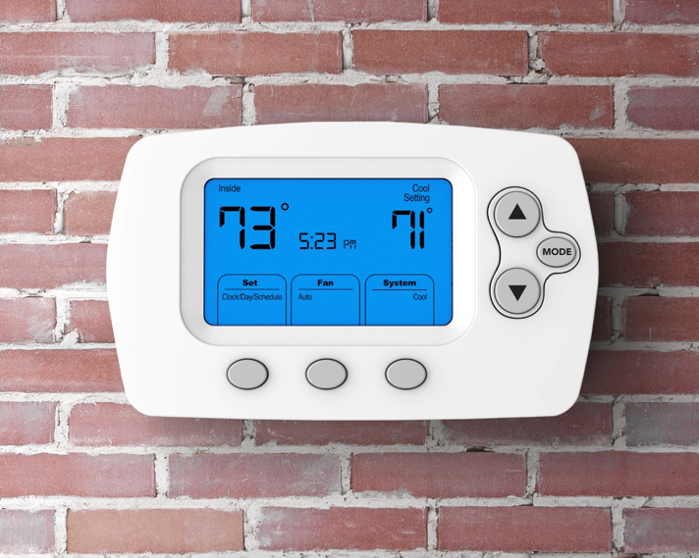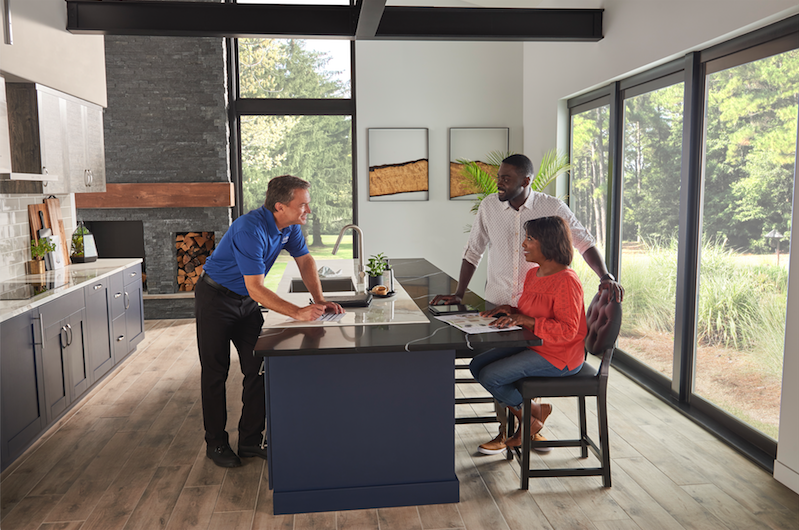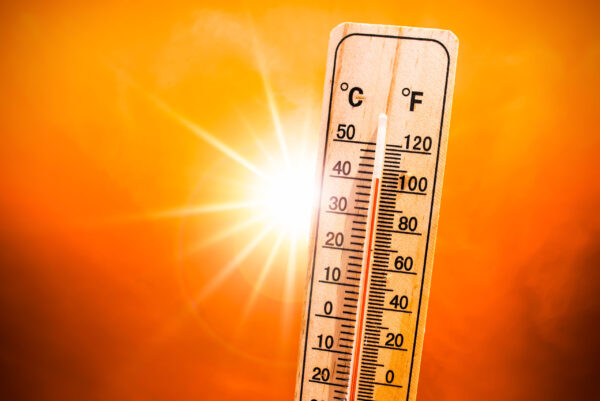August in Rhode Island typically means hot and humid conditions. During the sweltering summer days, the last thing you want is a malfunctioning air conditioner. If you notice your AC is not blowing cold air, there are a few troubleshooting steps to consider before calling a professional.
Troubleshooting Checklist
1.Change Your filter:
Dirty air filters can cause various issues for your HVAC system. Regularly cleaning or replacing your filters helps your system work efficiently by maintaining airflow. To learn more about the different types of air filters check out our blog here.
2. Blocked Registers:
If your vents are dirty or obstructed, this could also contribute to the issue. Move any objects around the vents that may be impeding airflow, clean the vents, remove the covers, and then clean the ductwork with your vacuum hose. Clean ductwork is also one of the easiest ways to save money on cooling costs.
3.Check Your Thermostat:
Thermostat settings can accidentally get switched from time to time. Check yours and make sure the thermostat is set to “cool” and the fan is set to “auto.” To learn more about what temperature you should set your thermostat, read our blog here.

Common Causes
Low refrigerant levels or leak: Refrigerant is what cools the air before it is returned back into the home through your system or ductwork. If the refrigerant levels are low, or if there is a leak, the system is not going to cool your home properly or sometimes not at all.
Evaporator coil or condenser malfunction: The evaporator coils and condenser are the mechanisms through which refrigerant flows in order to transform warm air into cool air. Sometimes the coils on an AC can either grow mold or freeze up. In either case, a professional technician will be able to remedy the issue. In some instances, worn-down mechanisms may need to be replaced.
In any of these cases, it is essential that you hire a professional to help you identify and solve the issue.

Is It Time to Replace Your System?
Often times an AC blowing warm air is quickly resolved. If it becomes a reoccurring issue it may be time to consider replacing your air conditioner. If your system is over 15 years old and is requiring frequent repairs it can be more cost effective in the long run to invest in a new AC. Switching to a high-efficiency air conditioner can also help you reduce your energy use by 20%-50%. Many of these systems also qualify for rebates.
Whether you have a brand-new system or an older air conditioner, regular maintenance helps it run efficiently and effectively. Our trained technicians can also catch small repairs before they become major issues.
Please share if you found this blog useful and know someone who can benefit from reading it.
Have further questions regarding saving money cooling your home during the warmer months? Contact the National Refrigeration team, and we’ll find your solution.
Whether you need 24-7 emergency service or advice on improving your everyday air quality and comfort—at home and at work—call us at 401-737-2000 or email us.

